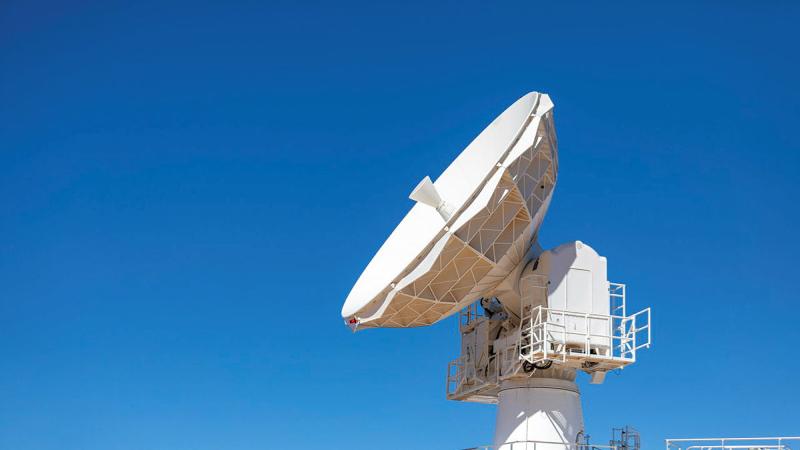With approximately one in two cancer patients reportedly experiencing moderate to severe fatigue during treatment[ii], and for many in the years following, the Leukaemia Foundation believes the prevalence of cancer related fatigue could be much higher.
According to CEO, Chris Tanti, with the incidence of blood cancer continuing to soar (by 47% in the last decade[iii]), this means at least 70,000 Australians living with the disease are facing a daily battle with exhaustion with this figure set to increase.
“Cancer related fatigue is very different to normal everyday tiredness. The patients we support report feeling incredibly weak and exhausted all the time, making it almost impossible to do the simplest things,” said Mr Tanti.
“People can suffer fatigue for months, or even years, during and following treatment, placing a significant strain on their physical, social, and emotional wellbeing. It’s a hidden side effect that can be difficult for patients to talk about and explain to family and friends.”
Cancer related fatigue can be defined as distressing and persistent physical, emotional, or cognitive exhaustion related to cancer and cancer treatment that is not relieved by adequate sleep or rest[iv].
A well-known Australian that has experienced the distressing side effect of cancer related fatigue is the former premier of Queensland and newly appointed Leukaemia Foundation Ambassador, the Hon. Anna Bligh AC.
Ms Bligh is sharing her story in the hope of shining a light on this side effect which she experienced following her diagnosis of Non-Hodgkin lymphoma in 2013.
“When I was diagnosed with blood cancer, fatigue was not a side effect that was widely spoken about, and I had no idea of the impact it would have on my day-to-day life.
“I believe that








